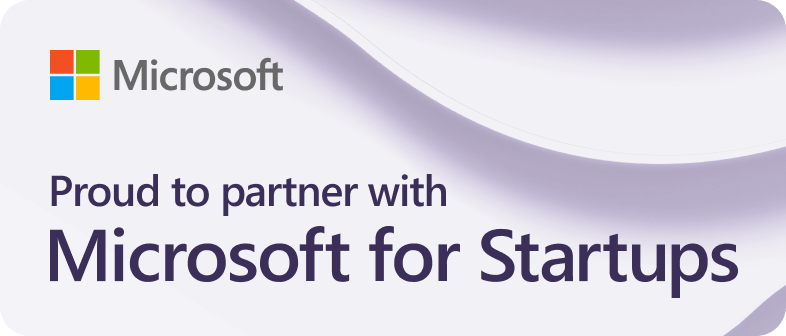
Database
(8 minutes of reading) Think of a database as a library. Just as a library has bookshelves arranged in a certain way, a database has tables of data arranged in a certain way. A database is like a library. It stores information that can be accessed by computers. We've never seen data be so important to companies as it is nowadays, regardless of their industry. After all, we know that, if used correctly, information can produce valuable strategic decisions. With this information in mind, we decided to create this content as a true guide to help you understand what a database really is. In addition, we will also show you what the main database types are, how important this investment is and how to manage your own. WHAT IS A DATABASE? A database is a collection of data that can be accessed by computers. Data is usually organized in a specific way so that it can be easily searched and retrieved. Technically speaking, a database is nothing more than an organized collection of data stored within a computer system. Databases are an essential part of many computer applications. They allow companies to store and manage large amounts of data efficiently. HOW ARE DATABASES USED? Databases are used to store data in a way that facilitates retrieval and manipulation of information. For example, a database can be used to store customer information so it can be easily accessed by customer service representatives. Databases can also be used to generate reports such as sales reports or customer lists. In addition, they can also be used to create web pages or applications. Most companies use databases to store information about their customers, products, and orders. This information can be used to track inventory levels, generate reports, and create marketing materials. In many cases, databases are also used to create web pages or mobile applications, as mentioned earlier. DIFFERENT TYPES OF DATABASES There are many different types of databases, each with their own strengths and weaknesses. Due to the large number of options available these days, it is difficult to distinguish them from each other. With that in mind, we decided to list some of the most common databases available. 1. RELATIONAL DATABASES Relational databases, or SQL databases, are the most popular type of database. They store data in tables, with each table containing multiple rows and columns. Queries can be run on relational databases to find specific information. 2. OBJECT-ORIENTED DATABASES Object-oriented databases store data as objects. These objects can be related to each other, making complex data storage and retrieval easier. However, object-oriented databases can be more difficult to query than relational databases. 3. NON-RELATIONAL DATABASE Non-relational databases, or NoSQL as they are also commonly known, are a newer type of database that does not follow the traditional relational model. Instead, they use a key-value store, document store, or graphical model to store data. NoSQL databases are often used for web applications where data is constantly changing. 3 BENEFITS OFFERED BY A GOOD DATABASE As you can imagine, there is a real infinity of advantages of using a database. But what are they anyway? We decided to bring 3 major benefits generated using databases. Get ready to meet them next. 1. GREATER ACCURACY When data is stored in a database, it is easier to ensure that the information is accurate. This is because databases can be designed to check for errors before data is entered into the system. 2. IMPROVED EFFICIENCY Databases can help users retrieve information more quickly and easily. This can save time and increase productivity. 3. GREATER FLEXIBILITY Databases give users the ability to access and manipulate data in a variety of ways. This makes them more flexible than other types of data storage systems. CHALLENGES OF USING A DATABASE Not everything is easy and we know that this same concept also applies to databases. There are some challenges to use a database. One of them is that databases can be complex to design and develop. This complexity can impact the software development and lead to errors in the code, which can cause the system to malfunction. Another one is that databases can be expensive to maintain. They require qualified personnel to manage them and keep them running smoothly. Finally, databases can be vulnerable to security breaches. Hackers can gain access to sensitive information stored in databases, which can lead to identity theft or other crimes. HOW TO CHOOSE THE BEST DATABASE FOR YOU There are many types of databases available, so how do you know which one is right for your needs? Here are some things you need to consider when choosing a good database: 1. WHAT KIND OF DATA DO YOU STORE? There are different databases for different types of data, so you will need to choose one that is designed for the type of data you have. For example, if you have structured data like customer information, you need a relational database. If you have unstructured data like images or videos, you need a non-relational database. 2. HOW MUCH DATA DO YOU HAVE? If you have a large amount of data, you need a database that can scale to accommodate it. Some databases are better at handling large amounts of data than others. 3. HOW OFTEN WILL THE DATA BE ACCESSED? If you're still taking your first steps in your business, then maybe a complex database system isn't right for you. Due to the small amount of information a small business requires to manage, there is no need to invest in a complex data system. However, it is necessary to keep an eye on the operational metrics to understand the evolution of your business. Do you like our content? So, follow us on social media to stay on top of innovation and read our blog.
Share this article on your social networks:
Rate this article:
Other articles you might be interested in reading
- All (185)
- Career (38)
- Competitions (6)
- Design (7)
- Development (112)
- Diversity and Inclusion (3)
- Events (3)
- History (15)
- Industries (6)
- Innovation (38)
- Leadership (8)
- Projects (23)
- Well being (18)

Cloud Computing and Digital Transformation and Social Impact
(5 minutes of reading)
In recent years, we have witnessed a quiet revolution that is fundamentally reshaping the way we live and work. At the center of this transformation is cloud computing, a technological innovation that transcends physical limits and opens up new horizons of possibilities. This text will talk about this subject that is transforming the IT area. Come read!...

Tech in Education
(9 minutes of reading)
In the contemporary educational landscape, technology plays an increasingly crucial role, revolutionizing not only the way students learn, but also how educators teach. As we adapt to a digitally connected world, new trends are emerging that promise to further transform the way education is designed and delivered. Come read this text to learn about the latest trends in educational technology and explore their impact on student development and the evolution of teaching. Come with us!...

Ethical Software Development
(5 minutes of reading)
Developing software is a complex activity that goes far beyond simple coding. It involves a meticulous process of planning, design, implementation, testing and maintenance to create reliable, efficient, and secure systems. However, in addition to seeking functionality and performance, developers must also carefully consider the ethical aspects of the software they are creating. In this text we will talk about ethics and responsibility when developing software. Come read!...

Balance Between Professional and Personal Growth
(6 minutes of reading)
In a world driven by the constant search for professional success, we often find ourselves immersed in our careers, forgetting the fundamental balance between professional and personal growth. As we dedicate hours to coding, solving problems, and advancing our technical skills, it's essential to remember that our journey as human beings go beyond the lines of code. Come read our text and see super cool tips on how to achieve this balance!...

How to Highlight Programming Competition Awards on your CV
(6 minutes of reading)
In a field as dynamic as software development, it is crucial to stand out from the crowd. An exceptional way to do this is through recognition and awards won in competitive programming competitions. In addition to demonstrating your superior technical skills, these awards attest to your ability to solve complex problems, collaborate as a team, and deliver exceptional results under pressure. Today we will talk about the curriculum and competitions, are you interested? Come with us!...

Open Source and Collaboration
(5 minutes of reading)
If you're ready to start exploring the world of open source, be aware that you will encounter many learning opportunities and challenges. Collaboration is at the heart of this environment, driving innovation and influencing the direction of technology. Come read our text to find out more about this subject!...

 Innovation
Innovation 

